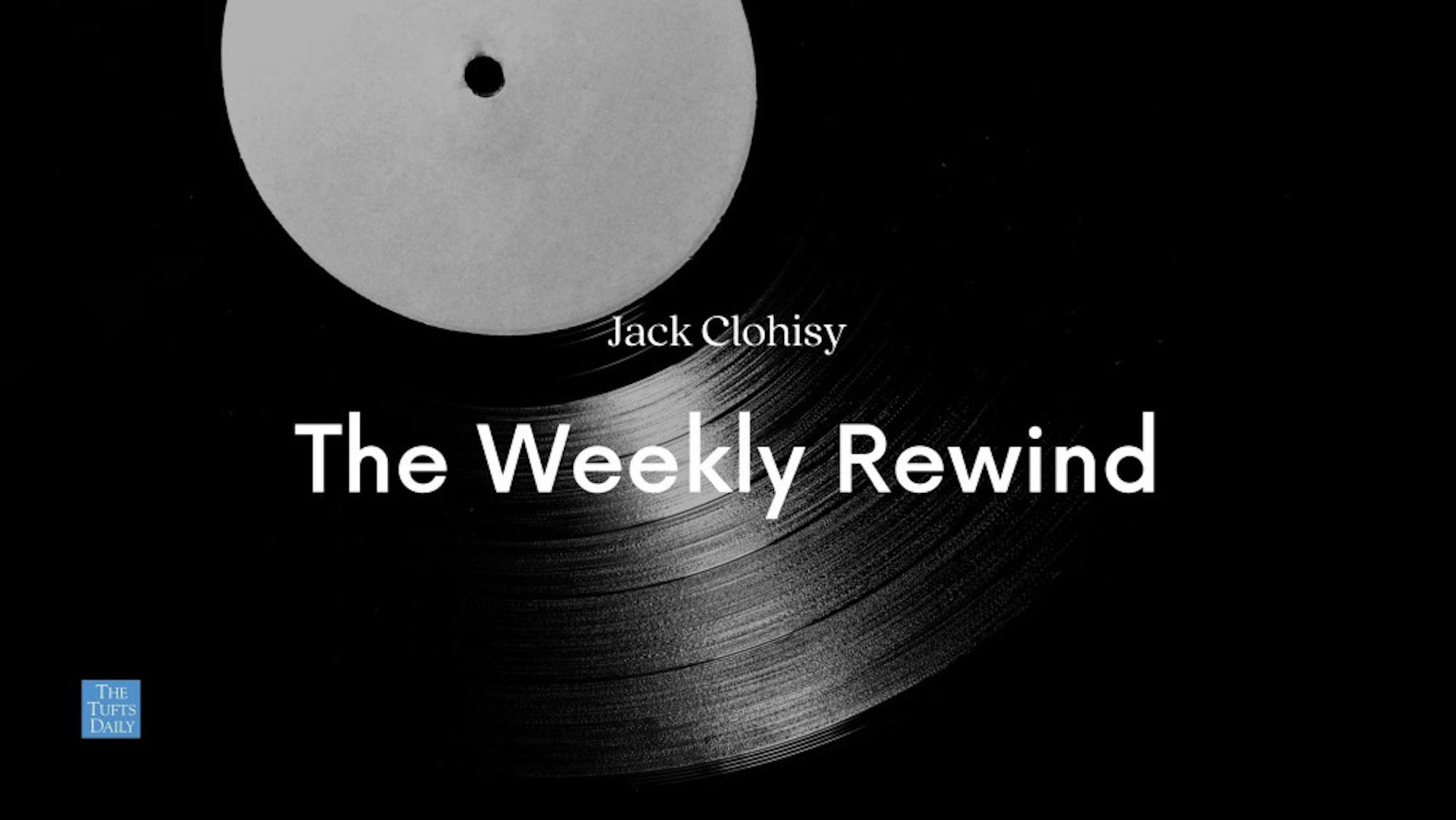Billboard announced in Julythat it wouldno longer allow “bundles,” or the grouping together of merchandise and concert tickets with an album to increase sales. This decision, which went into effect onOct. 9,was controversial,since artists often use bundles to ensure chart dominating performances even with lackluster tracks and albums. However, this amendment is necessary; true talent will now shine through as only true album sales and streams will be counted toward an artist’s total.
In 2018, Nicki Minaj and Travis Scottcompeted to debut at No. 1 on the Billboard 200 between their respective albums “Queen” (2018) and “Astroworld”(2018).Both albums managed to sell 78,000 physical copies in the first week, but with Minaj’s stream total for the album less than Scott’s, her overall album-equivalent sales were lower. When Scott debuted at No. 1, Minaj claimed it was due to his bundling album sales with concert tickets. Without bundling, it is possible that Scott may not have earned the top spot over Minaj.
Despite her complaints, Minaj was no stranger to using the same techniques. She added “Fefe” to “Queen” (2018), a track that already had streams and popularity, in an effort to boost the overall sales of the album. In its review of bundling, Billboard analyzed techniques like these. While No. 1 debuts on the Hot 100 havebecome increasingly common,so has bundling; like the Billboard 200, promotion tactics drive sales.
When an album’s margin over another can be attributed to bundling tactics, the whole chart is skewed. Sales are supposed to be objective, so when artists attempt to subvert the system and use bundles to promote their own work, the legitimacy of a No. 1 becomes murky.
Organic hits, or hits that sustain their audience well after release, are true indicators of a hit. “Smile” (2020) by Katy Perrydebuted at No. 5 in Septemberwith 35,000 units, excluding streams, which Billboard attributed to being “aided by merchandise/album bundles sold via Perry’s official webstore.” This distinction is relevant, as Smile would drop out of the Billboard 200 after a merefour weeks.A top five hit with less than a month on the charts is alarming, and highlights the flawed calculations used to determine the top albums weekly.
Billboard has since acknowledged these discrepancies, and pledges to hold artists accountable for their true sales from here on out. Ariana Grande’s sixth studio album, “positions” (2020), is an indicator of the drastic impact of this amendment.Debuting at No. 1 last week with a total of 174,000 album-equivalent units, “positions” is down more than half of the first week sales of Grande’s last studio album, “thank u, next” (2019), which boasted360,000 album-equivalent units. However, since Billboard’s new rule went into effect last month, “positions” had the greatest total of weekly sales for an album. Grande’s relative success demonstrates how inflated the charts have been in recent years. With this change, Billboard is providing a better scope into which albums are truly the most popular in the United States each week.





